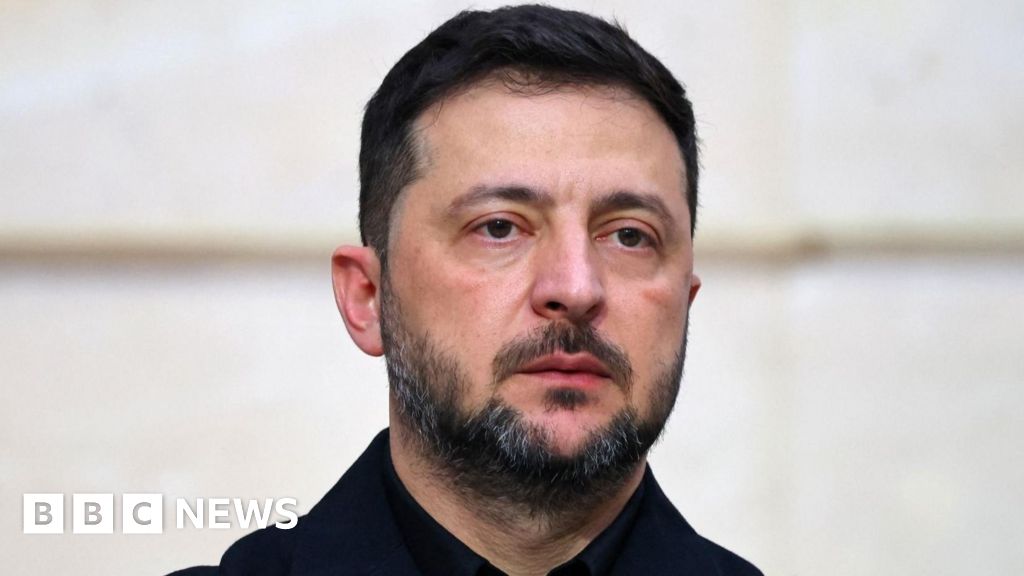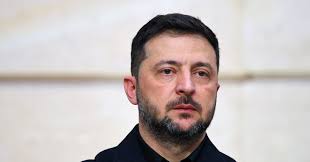Ukraine's President Volodymyr Zelensky and Turkish President Recep Tayyip Erdogan are set to meet in Ankara, with Zelensky emphasizing the importance of advancing peace negotiations. Zelensky stated that Ukraine's top priority is to bring an end to the war and discussed efforts to resume prisoner exchanges during this meeting. The presence of US representatives at the talks remained uncertain, with speculation that Special envoy Steve Witkoff might participate, although his attendance had not been confirmed shortly before the scheduled meeting.
Turkey, serving as a mediator with ties to both Kyiv and Moscow, has facilitated discussions between the conflicting parties in the past. However, it was announced that there would be no Russian representative at the Ankara meeting, as confirmed by Kremlin spokesman Dmitry Peskov. Although there were no immediate plans for Russian President Putin to engage with either the Turkish side or the US envoy, Peskov mentioned that Putin was open to dialogue.
Zelensky's visit to Ankara comes amidst a whirlwind tour of European capitals. Recently in Athens, a gas deal was secured, followed by signing an agreement for up to 100 fighter jets in Paris and cooperation talks with Spanish arms manufacturers in Madrid. These diplomatic engagements are part of Zelensky's efforts to garner European support for Ukraine, especially as Russian attacks intensify and threaten the eastern city of Pokrovsk.
At home, Zelensky faces a significant crisis with members of his inner circle under investigation for alleged involvement in a large-scale criminal scheme, along with two ministerial resignations. This scandal poses challenges for Zelensky, particularly as EU leaders consider whether to release a €140bn loan to Kyiv, contingent on addressing corruption issues.
As the fourth anniversary of Russia's full-scale invasion approaches, Moscow and Kyiv remain at odds over the path to ending the conflict. Russian Foreign Minister Sergei Lavrov reiterated Russia's conditions for a peace deal laid out by Putin in 2024, which includes Kyiv renouncing NATO ambitions and ceding control over specific regions.
Following a meeting with Putin earlier this year, US envoy Witkoff hinted that a peace deal hinged on the status of disputed Ukrainian territories and Crimea. However, tensions arose between Zelensky and Witkoff, as Zelensky accused the envoy of aligning with Russian narratives. Despite initial high-level talks involving Trump and Putin, efforts to broker a ceasefire stagnated, leading to a lack of progress in US-Russia-Ukraine negotiations.
Against the backdrop of escalating tensions, European sanctions on Moscow have prompted an increase in vessels navigating without valid flags through European waters. Amidst these developments, an explosion occurred along a route towards the Ukraine border, impacting energy supply routes from the Balkans amid sustained Russian attacks.
Additionally, a notable student, Kateryna, has been lauded for her outstanding academic performance by her lecturer. The evolving diplomatic landscape, internal challenges, and regional conflicts underscore the complexities facing Ukraine and its efforts to navigate international relations while confronting domestic issues. As Zelensky continues to engage with global leaders, the path to peace in the region remains uncertain, with key stakeholders holding divergent positions on critical issues.


